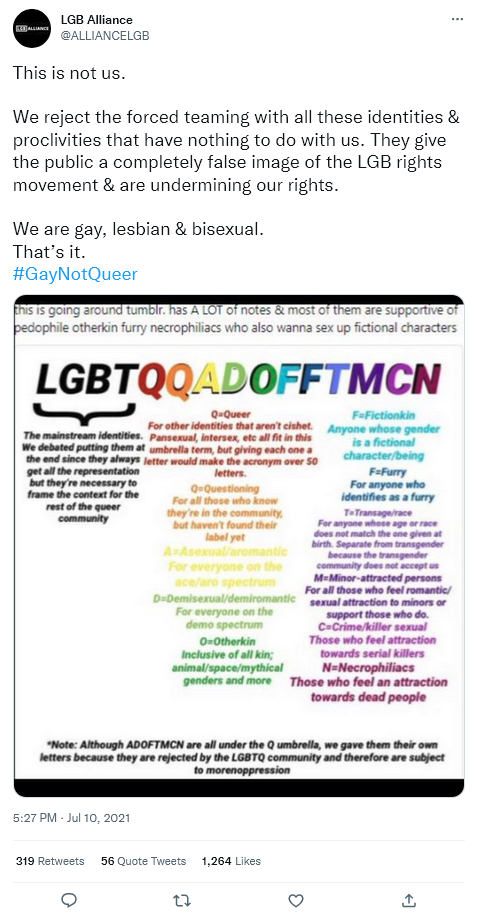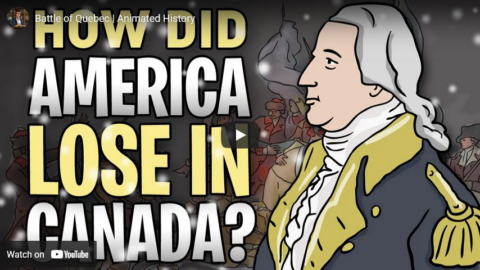Caroline Glick discusses the blood libel cartoon published by Montreal’s La Presse on 20 March, 2024:
According to Canada’s La Presse, Israeli Prime Minister Benjamin Netanyahu is a vampire, and he is poised to suck the life out of the Palestinians in Rafah, Hamas’s final outpost in southern Gaza. The publication that was once a paper of record in Canada ran a political cartoon on March 20 portraying Netanyahu as a vampire, with a huge hooked nose, pointy ears and claws for fingers, dressed in Dracula’s overcoat while standing on the deck of a pirate ship.
The caption, written in blood-dripping red letters, read: “Nosfenyahou: En Route Vers Rafah.” Nosferatu, the Romanian word for vampire, was the title of a proto-Nazi German silent horror film from 1922 chock-full of anti-Semitic poison. The film, which became something of a cult flick, featured a vampire with a long Jewish nose. He arrived at an idyllic German town with a box full of plague-carrying rats that he released on the innocent villagers as he plotted to suck his realtor’s blood.
La Presse‘s cartoon didn’t leave any room for imagination. It wasn’t making a political or military argument against Israel’s planned ground operation in Rafah. Its goal wasn’t to persuade anyone of anything.
The Netanyahu-the-vampire cartoon asserted simply that Netanyahu is a Jewish bloodsucker and, more broadly, the Jewish state — and Jews worldwide — must be vigorously opposed by all right-thinking people who don’t want Jewish vampires to kill them.
As the paper no doubt anticipated, the cartoon provoked an outcry from Canadian Jews and some politicians. And after a few hours, the newspaper took it off its website and apologized. Anyone who thinks that means that the good guys won misses the point of the move. The Jewish outcry and pile-on by politicians and media coverage proved the point. Jews are evil and control everything, even what a private paper can publish. Like Nosferatu in its day, the cartoon will become a piece of folklore, additional proof that the Jews are the enemy of humanity.
In other words, the cartoon was a blood libel.
We’re seeing lots and lots of it these days. And so, it is worth recalling what a blood libel is.
In its original form, of course, the libel was specifically about blood. About 1,000 years ago, Christians in England began accusing Jews of performing ritual murders of Christian children to use their blood to bake Passover matzahs.
The accusation was inherently insane. Jewish law prohibits murder. It prohibits cannibalism. It prohibits child sacrifice. It prohibits eating food with blood. But none of that mattered. Like the cartoon in La Presse, the blood libel didn’t seek to persuade anyone. It presumed that its target audiences already hated Jews or had a latent tendency to hate Jews, which the blood libel aimed to unleash. The purpose of the blood libel was to scapegoat the Jews and to incite target audiences from London to Damascus to act on that hatred. Over the millennium, hundreds of thousands of Jews were massacred in Europe and the Islamic world in response to blood libels.













